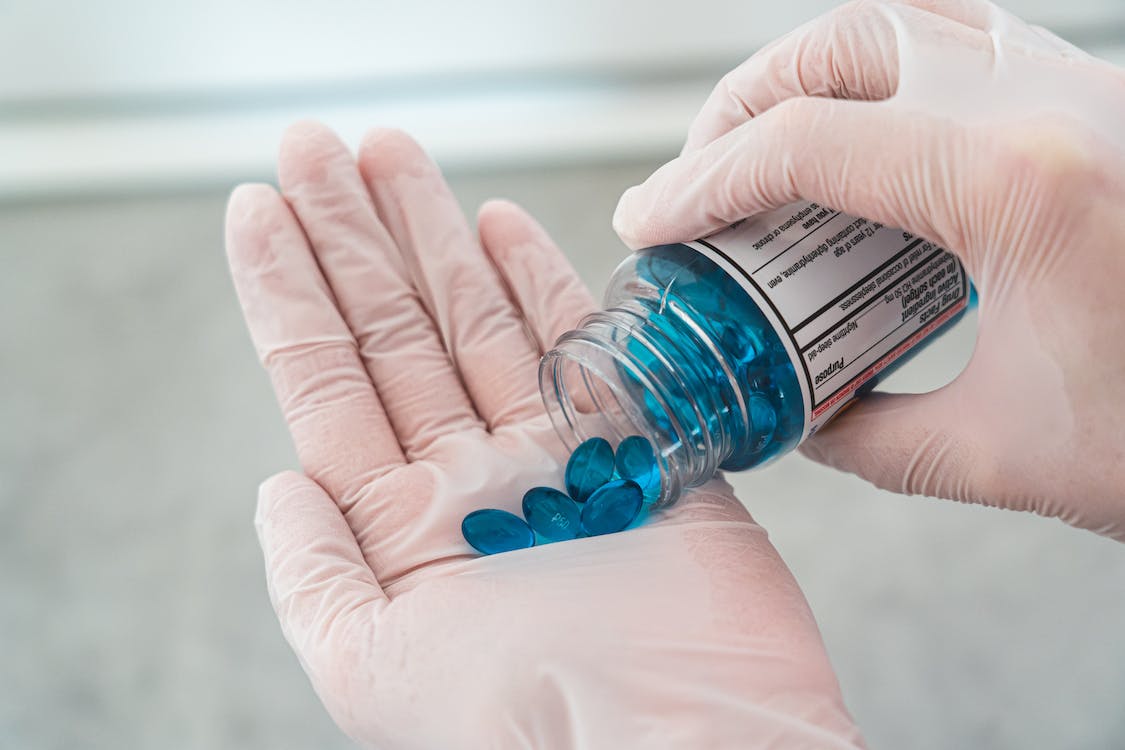PharmAbcine Inc. (KOSDAQ: 208340ks), a clinical-stage biotech company focusing on the development of next-generation antibody therapeutics, announces the publication of preclinical research in Science Advances, highlighting the potential of its Tie2-activating antibody program, PMC-403, in treating Idiopathic Systemic Capillary Leak Syndrome (ISCLS). The results underscore the novel mechanism of action, demonstrating the ability of PMC-403 to reduce vascular leakage associated with ISCLS in the preclinical models.
In this study, conducted in collaboration with Dr. Kirk Druey, Chief of the NIH’s Lung and Vascular Inflammation Section, PharmAbcine’s PMC-403 showed efficacy in improving survival and alleviating vascular leakage in the mouse model of ISCLS induced by histamine. The study extends to the treatment of mice exposed to influenza, showing promising results in reducing vascular leakage. The paper, titled “A ligand-independent Tie2-activating antibody reduces vascular leakage in models of Clarkson Disease” highlights the significance of Tie2 activation and its potential implications for the treatment of ISCLS.
ISCLS, or Clarkson Disease, is a severe systemic rare disorder characterized by the sudden and rapid exit of fluids and proteins from blood vessels into surrounding tissues due to the abnormal function of systemic vascular endothelial cells. This leads to symptoms such as hypotension, edema, and hypoalbuminemia, posing a significant threat with a 30% mortality rate upon acute onset.
PMC-403, an antibody that targets the Tie2 receptor, has a novel mechanism of action in which it activates the Tie2 receptor and normalizes the leaky pathological blood vessels. In February 2023, the US FDA granted Orphan Drug Designation (ODD) for PMC-403 for the treatment of Systemic Capillary Leak Syndrome.
Dr. Jin-San Yoo, President & CEO of PharmAbcine, commented “This study provides vital insights into the efficacy and potential expandability of Tie2-activating antibody for vascular diseases. Leveraging these preclinical data and the ODD grant by the US FDA, we are highly committed to seeking collaborative clinical research partnerships to expedite the development of an ISCLS therapy.”
Dr. Kirk Druey’s team shared enthusiasm for the potential breakthrough, underscoring their strong determination to advance into clinical trial.




